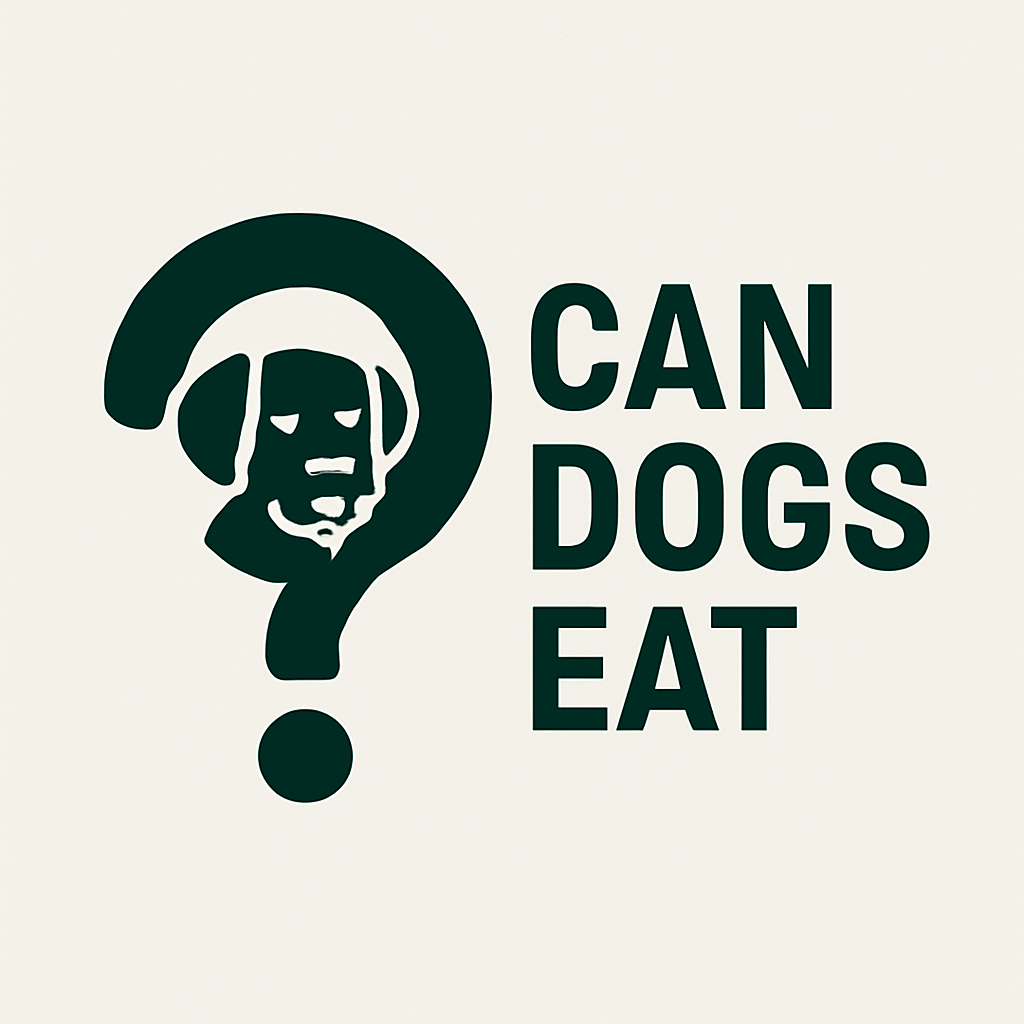Introduction 🌟Can Dogs Eat Gouda Cheese? 🧀🐕
As pet owners, we often want to treat our dogs with tasty snacks, especially when we are enjoying something delicious ourselves. One common food that may cross your mind when thinking about dog treats is Gouda cheese. Gouda is a delicious, semi-hard cheese that’s popular for its creamy, slightly sweet flavor. But the question is: Can dogs eat Gouda cheese? 🤔
In this article, we will explore whether Gouda cheese is safe for dogs, its nutritional benefits, the risks of feeding it to dogs, and how to serve it to your furry friend. We’ll also take a closer look at how cheese affects your dog’s health and digestion, and we’ll answer some frequently asked questions (FAQs) to ensure that you have all the information you need to make an informed decision.
Let’s dive into the world of Gouda cheese and see if it’s a good treat for your dog! 🐕💚
What Is Gouda Cheese? 🧀
Gouda cheese is a semi-hard cheese made from cow’s milk, originally from the Netherlands. It is one of the most widely consumed cheeses in the world. Gouda has a smooth texture, with a rich, creamy flavor that can range from sweet to savory, depending on its age. It is typically yellow or orange, though the color can vary slightly depending on the variety and how it’s made.
Gouda cheese is often used in sandwiches, salads, and as a topping for dishes like pizzas and pasta. It is available in different varieties based on age, ranging from young Gouda (mild flavor) to aged Gouda (stronger flavor with a firmer texture).
Ingredients of Gouda Cheese
- Cow’s milk (the primary ingredient)
- Rennet (used to curdle the milk)
- Salt
- Bacteria cultures (for fermentation)
- Calcium chloride (sometimes used in the process)
Nutritional Value of Gouda Cheese 🍽️
Before feeding Gouda cheese to your dog, it’s important to understand its nutritional value. Here’s a breakdown of the key nutrients in Gouda cheese (per 100g):
| Nutrient | Amount (per 100g) |
|---|---|
| Calories | 356 kcal |
| Protein | 25g |
| Fat | 27g |
| Saturated Fat | 17g |
| Carbohydrates | 2g |
| Fiber | 0g |
| Calcium | 700mg |
| Sodium | 819mg |
Key Nutrients in Gouda Cheese:
- Protein: Gouda cheese is rich in protein, which is essential for your dog’s muscle growth and repair.
- Fat: Gouda contains a high amount of fat, which provides energy for your dog. However, it should be consumed in moderation to avoid weight gain.
- Calcium: Gouda is an excellent source of calcium, which is vital for maintaining strong bones and teeth. Calcium is also important for nerve function and muscle contraction.
- Sodium: Gouda cheese contains a significant amount of sodium, which is a concern for dogs that are prone to heart issues or high blood pressure.
Now that we’ve looked at the nutritional value, let’s discuss the benefits and risks of feeding Gouda cheese to your dog.
Benefits of Gouda Cheese for Dogs 🐕
1. Source of Protein 💪
Protein is an essential nutrient for dogs. It helps build and repair tissues, supports immune function, and promotes healthy muscle development. Gouda cheese is a rich source of protein, making it a good occasional treat for your dog.
2. Calcium for Strong Bones 🦴
Gouda cheese is packed with calcium, which helps keep your dog’s bones and teeth strong. Calcium is especially beneficial for growing puppies, older dogs, and those with joint issues. It also contributes to nerve function and muscle health.
3. Omega Fatty Acids 🧴
Gouda cheese contains small amounts of omega-3 fatty acids, which are beneficial for your dog’s skin health and coat. Omega fatty acids help reduce inflammation and promote a healthy, shiny coat.
4. Mental Stimulation and Enjoyment 🧠
Dogs love cheese, and Gouda can be used as a high-value treat for training or rewarding your dog. Since cheese is such a tasty and creamy treat, it can also keep your dog mentally stimulated, especially when used in training sessions.
Risks of Gouda Cheese for Dogs ⚠️
While Gouda cheese can provide benefits, there are also some risks that you should be aware of:
1. Lactose Intolerance 🐄
Many dogs are lactose intolerant, which means they have difficulty digesting lactose, the sugar found in milk and dairy products. If a lactose-intolerant dog consumes Gouda cheese, they may experience stomach upset, including diarrhea, bloating, gas, and vomiting. It’s essential to observe how your dog reacts to cheese.
2. High Fat Content 🍖
Gouda cheese is relatively high in fat. If fed in large quantities, it can contribute to weight gain, especially in dogs that are already prone to obesity. Fatty foods can also contribute to heart disease and other health problems. Always serve Gouda cheese in moderation to prevent these issues.
3. High Sodium Content 🧂
Gouda cheese is high in sodium, which can be harmful to dogs if consumed in excess. Too much sodium can lead to dehydration, kidney problems, and salt poisoning. It’s essential to feed Gouda cheese sparingly to avoid overloading your dog with salt.
4. Choking Hazard ⚠️
Cheese can be quite soft and slippery, and if given in large pieces, it can be a choking hazard, especially for smaller dogs. Always cut Gouda cheese into small, manageable pieces before giving it to your dog to avoid any risks of choking.
5. Potential Allergies 🐾
Some dogs may have allergic reactions to dairy products. Symptoms of an allergic reaction include itching, redness, and swelling. If you notice any signs of allergies, stop giving your dog Gouda cheese and consult your veterinarian.
How to Safely Feed Gouda Cheese to Dogs 🍽️
If you decide to feed your dog Gouda cheese, here are some tips on how to do it safely:
- Start with Small Amounts 🐾
- Begin by offering your dog a small piece of Gouda cheese and observe how they react. If they seem to tolerate it well without digestive upset, you can continue offering it occasionally as a treat.
- Serve in Moderation ⚖️
- Cheese should only be an occasional treat, not a regular part of your dog’s diet. It’s high in fat and sodium, so it should be given in small portions.
- Cut It Into Small Pieces 🍽️
- To avoid a choking hazard, cut the Gouda cheese into small cubes that are easy for your dog to chew. This is particularly important for small dogs.
- Monitor Your Dog’s Health 👀
- After giving your dog Gouda cheese, watch for any signs of digestive upset (vomiting, diarrhea, bloating) or allergic reactions. If any of these occur, stop giving them cheese and consult your vet.
- Avoid Flavored Gouda 🧂
- Do not feed your dog flavored Gouda or cheese with added ingredients like garlic or onion, as these can be harmful to dogs. Stick to plain Gouda cheese.
Symptoms of Overconsumption 🚨
If your dog consumes too much Gouda cheese, they may experience the following symptoms:
- Diarrhea 💩
- Vomiting 🤮
- Bloating 🤰
- Excessive thirst 💧
- Gas 💨
If you notice any of these symptoms, stop feeding them Gouda cheese and contact your veterinarian.
How Much Gouda Cheese Can I Give My Dog? 🍽️
The amount of Gouda cheese to give your dog depends on their size, age, and overall health. Here’s a general guideline:
| Dog Size | Recommended Gouda Cheese Portion (Daily) |
|---|---|
| Small Dogs (up to 10 lbs) | 1/4 slice or 1 small cube |
| Medium Dogs (10-30 lbs) | 1/2 slice or 1-2 small cubes |
| Large Dogs (30-50 lbs) | 1 slice or 2 small cubes |
| Extra-Large Dogs (over 50 lbs) | 1-2 slices or 2-3 small cubes |
Remember, cheese should only be given occasionally. It’s best used as a treat or reward, not a regular part of your dog’s diet.
Conclusion ✨
In conclusion, Gouda cheese can be a safe treat for dogs when given in moderation. It provides protein, calcium, and omega fatty acids that can support your dog’s health. However, it is also high in fat and sodium, so it should be fed sparingly. Always start with small amounts and observe your dog for any signs of digestive upset or allergies.
As with any treat, Gouda cheese should only be an occasional indulgence, not a regular part of your dog’s daily diet. Always consult with your veterinarian if you have concerns about your dog’s health or diet. 🐕💚
FAQ Section 📚
1. Can all dogs eat Gouda cheese?
- Not all dogs can tolerate cheese. Dogs with lactose intolerance should avoid it. Start with small amounts and see how your dog reacts.
2. How much Gouda cheese can I give my dog?
- Gouda cheese should be given in small portions. For small dogs, start with 1/4 slice, and for larger dogs, up to 1 slice is safe.
3. What happens if my dog eats too much Gouda cheese?
- Too much Gouda cheese can cause vomiting, diarrhea, and bloating. It can also lead to weight gain and obesity if fed regularly.
4. Can Gouda cheese help my dog’s coat?
- Yes, Gouda cheese contains omega fatty acids that can improve coat health and make it shiny and healthy.
5. Should I give Gouda cheese every day?
- No, Gouda cheese should only be an occasional treat. It’s high in fat and sodium, so it should not be given daily.
6. Is Gouda cheese safe for puppies?
- It’s best to avoid feeding puppies cheese until they are older and their digestive systems are fully developed.




